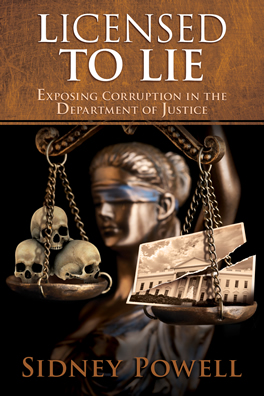Michael Morton Act Signed Into Law By Texas Governor
After approval by both houses of the Texas legislature, Governor Rick Perry has signed the Michael Morton Act into law. The new legislation, while not perfect advances Brady’s legacy by making uniform and crystal clear Texas prosecutors’ obligations to disclose to the Defendant potentially exculpatory evidence, such as witness testimony or offense reports. In pertinent part, the Act codifies that:
as soon as practicable after receiving a timely request from the defendant the state shall produce and permit the inspection and the electronic duplication, copying, and photographing, by or on behalf of the defendant, of any offense reports, any designated documents, papers, written or recorded statements of the defendant or a witness, including witness statements of law enforcement officers … or any designated books, accounts, letters, photographs, or objects or other tangible things not otherwise privileged that constitute or contain evidence material to any matter involved in the action and that are in the possession, custody, or control of the state or any person under contract with the state.
While a cynic could argue that the statute goes no further than Brady demands, justice will undoubtedly be served by the Act – enforcement of its close-to “open file” requirements would have saved Michael Morton nearly 25 years of his life. An interview from his young son, withheld from the defense, indicated that another man had murdered Morton’s wife. Perhaps more significantly, the fact that a State legislature has acted at all, and in an attempt to curb prosecutorial abuses and even the playing field for criminal defendants, suggests that the worm could turn toward a more fair and transparent criminal justice system. That would be a refreshing change from the gamesmanship and inequality that have infected the system in the 50 years since Brady was decided.










